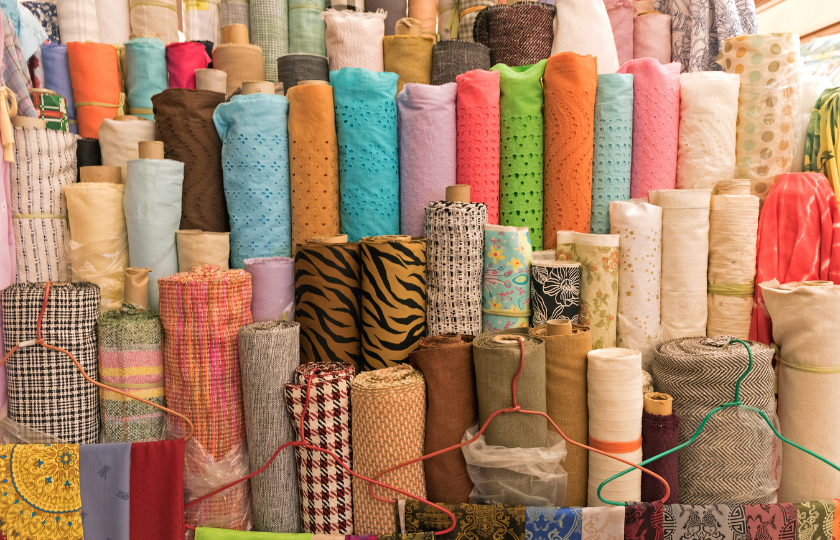Microfibres from synthetic fabric (threads smaller than 5mm) are one of the biggest sources of microplastic pollution on the planet. Each year, more than 500,000 tonnes of microfibres are released into the oceans, just from washing clothes.
In a move to reduce microfibre waste, a UK-based machine tech company, Xeros Technology, has developed a washing machine filtration device that can capture the tiny threads preventing pollution.
The device, dubbed XFilter, is similar to filters in vacuum cleaners and in tumble driers that collect microfibres during laundry. Users can dispose of the collected microfibres along with other household waste.
However, the company realised that simply collecting the microfibres isn’t enough as it is a complex material to recycle and might still end up in landfills post-waste disposal.
That is why it has teamed up with the University of Surrey – to accelerate research and improve methods to reduce microfibre pollution in the future permanently.
Led by Dr Melis Duyar from the Univesity of Surrey, the team has developed a new method to upcycle the collected micro/nano fibres collected from the XFilter into solid carbon nanomaterials – without releasing greenhouse gases.
“Plastics are one of the problems associated with our dependency on fossil fuels, so any solution we develop to address plastics pollution must also fit within our strategy for reaching a net zero emission economy,” explains Dr Duyar.
The carbon nanomaterials developed using this upcycling method can be used in various essential products, including batteries, solar cells and medical devices.
“There is nothing better than to convert, what is today considered to be waste and a problem in the world, into a highly valuable product,” added Dr Servin, application development director, Xeros.



